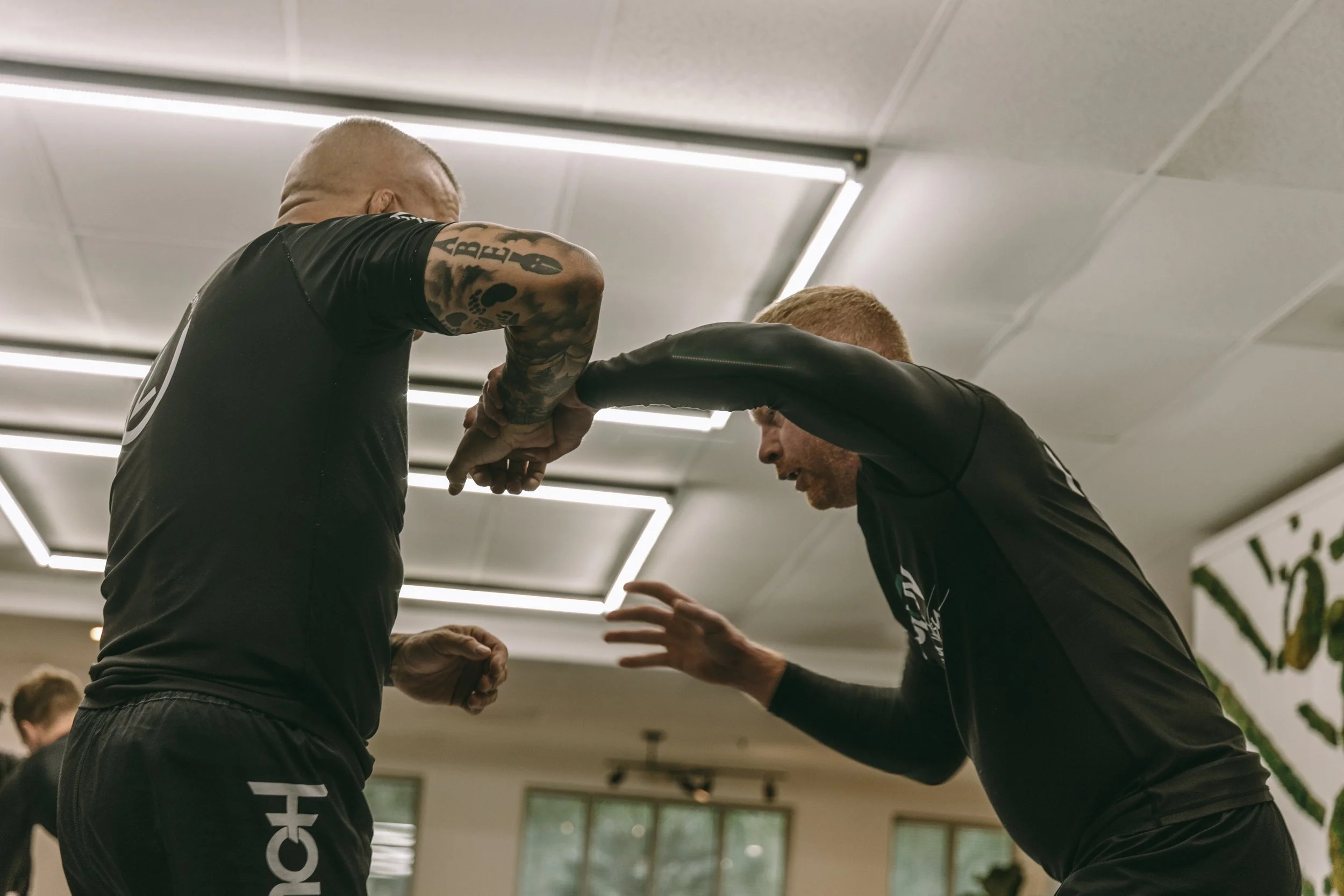Defensive Skills for Duty: The Rise of BJJ in Law Enforcement
In recent years, Brazilian Jiu-Jitsu BJJ has surged in popularity among police officers, and for good reason. Understanding why this discipline is becoming indispensable requires unraveling the dynamics of attraction to truth and competence, two virtuous motivators at the heart of any effective policing strategy.
A police officer's primary mission is to serve and protect. In executing this duty, officers often encounter high-tension scenarios where de-escalation is paramount. BJJ, a martial art focused not on delivering blows but on leveraging an opponent’s energy through holds and submissions, equips officers with the necessary skills to subdue without harm. This is not just theoretically compelling, it is rooted in observable and repeatable practice, a testament to its efficacy.
Consider the evidence: BJJ’s controlled grappling techniques drastically reduce the likelihood of excessive force, thereby increasing public trust in police. Officers who train in BJJ become adept at employing restraint without resorting to violence. The implications of this shift are substantial. We see reduction in incidences of injury, both for officers and civilians, and an enhancement of morale within police forces. What we know, as articulated in social psychological literature, is that people trust authority figures who exhibit competence and care. BJJ meets both criteria, offering a compelling case for its integration into law enforcement training programs.
A principle that is often emphasized is the Pareto distribution, also known as the 80/20 rule. Training law enforcement officers in BJJ might follow a similar pattern. A relatively small investment in comprehensive training yields considerable benefits across many scenarios officers will encounter. By focusing on mastering BJJ’s fundamental principles and techniques, officers could cultivate an effective, consistent method of interaction and conflict resolution.
Now, as members of a civic society, we bear a shared responsibility. If you are an officer or someone who can influence training policies, embrace this call to action: advocate for comprehensive BJJ training within your department. Petition for programs that enhance officer and public safety alike. Encourage local law enforcement to adopt BJJ as a pillar of their training regimen.
Our goal must be the creation of a society where authority is respected not because it insists on power, but because it consistently demonstrates wisdom and prudence. Support the rise of Brazilian Jiu-Jitsu in law enforcement, and in doing so, help form a safer, more harmonious society.


